Imagery of Love in the Old Testament: A Socio-Rhetorical Reading of the Book of Hosea
This study is a socio-rhetorical reading of the book of Hosea examining the powerful love relationship shown from God to His chosen people (the Israelites) after they have broken the Sinai covenant by worshipping other gods. The study does this through an examination of the metaphors in the book of Hosea describing the imagery of love as a paradigm of covenantal relationship. The Old Testament prophets constantly speak of God’s love in terms of justice, compassion, judgment, etc. Yet in the book of Hosea the theme of personal love husband-wife, father-son, healing love is very clearly defined and appears to be given a strong emphasis when God speaks of His relationship with His people through the Sinai covenant. The researcher is interested in pursuing this theme. The researcher argues that while many authors have studied Hosea, the use of the personal love theme by examining the character of God as shown in the three personal love metaphors in the book has not been studied. Questions about the nature of this relationship remain to be explored: is it is a legal covenant type love or is there some deeper motivation that guides God to act in the way He does? The researcher explores the idea that the reason God kept His side of the covenant in spite of Israel’s backsliding is because the stakes were higher: He wants to send a message to the other nations. The researcher wants to unravel how the rhetorical imagery reveals this unstated purpose. By probing these questions the researcher evaluates Hosea’s special contribution as God’s chosen messenger to the understanding that Israel had of its unique covenantal relationship to God and its role in reaching out to the other nations.
Get it now and save 10%
BECOME A MEMBER

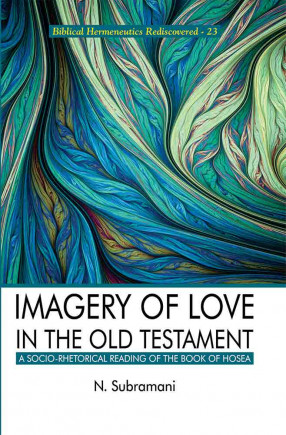
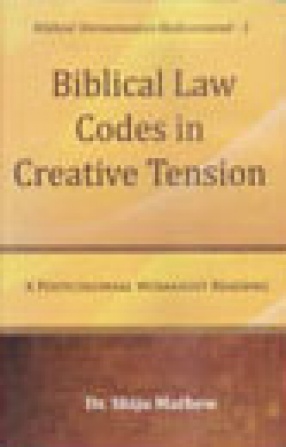
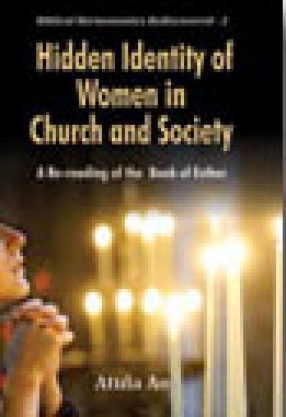
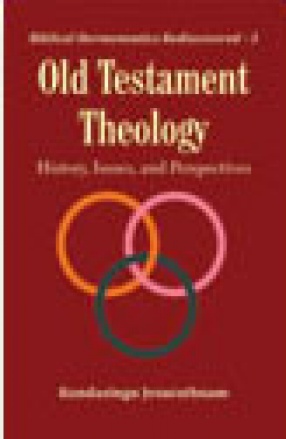
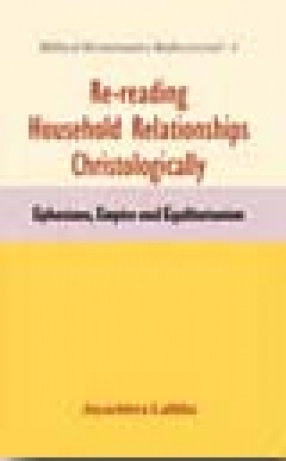

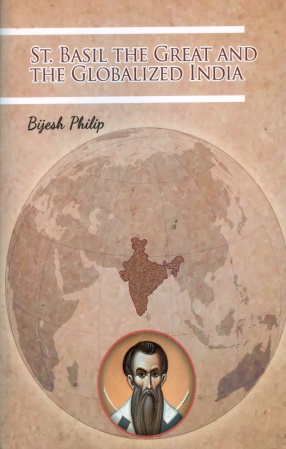
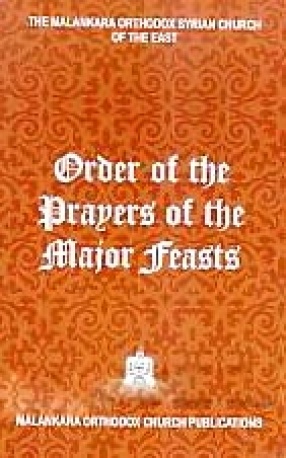
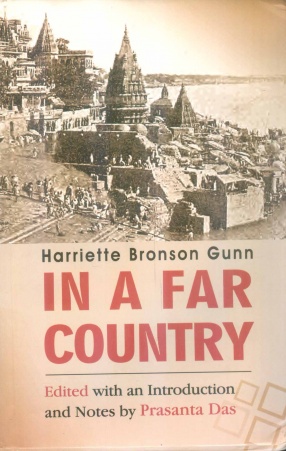

Bibliographic information